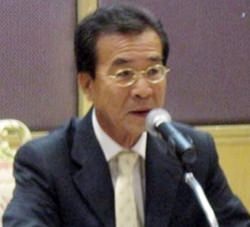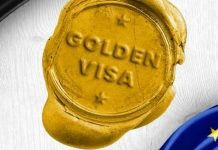BANGKOK, June 24 — Trade and economy experts fear that the European Union (EU) sanctions against Thailand can delay free trade negotiations, but some see only limited impacts for the time being.
Krirk-krai Jirapaet, chairman of the Thai Institute of Directors, said the EU was upset by the coup in Thailand, but it did not call off trade relations with the country.

It only refrained from welcoming the visits of Thai officials and visits to Thailand, which only reflected diplomatic responses, he said.
The EU is ready to review its relations with Thailand when there is a general election in the country, he pointed out.
He admitted that under the circumstances the free trade negotiations between Thailand and the EU could be delayed.
Ajva Taulananda, vice chairman of the Charoen Pokphand Group (CP), said the EU’s response affected only some businesses, and that other countries would better understand Thailand as its national reforms progress.
Regarding the United States placing Thailand in its Tier 3 category of countries with the worst human trafficking, Mr Ajva said the government and the Thai private sector had to convince the US and other trading partners that the country is seriously tackling labor problems.
The issue had not affected Thai products because the US had not boycotted any of them, Mr Ajva said.
Ms Puntrik Smiti, deputy permanent secretary for labour, said that within a year the Ministry of Labour would convince consumers that Thai operators did not use child labour or forced alien labour.
Besides, the ministry will encourage shrimp, fish, sugarcane and textile producers to join the Good Labour Practices (GLP) program to increase confidence among overseas consumers.




